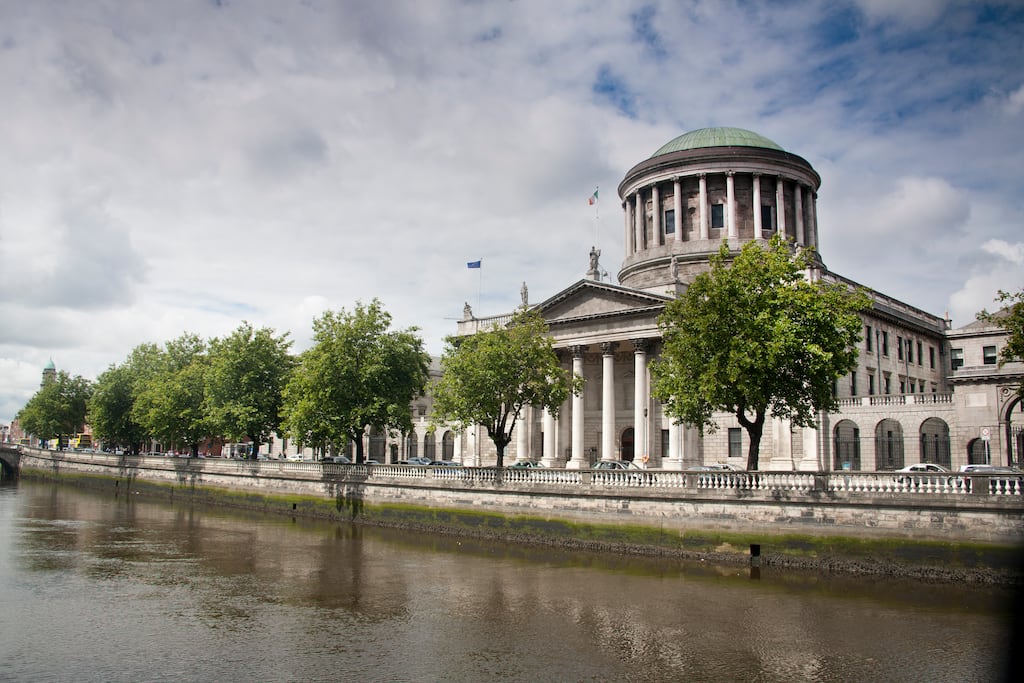Elements of the second leg of a challenge to 2020 permission for 123 apartments in Co Cork have been referred to the Court of Justice of the European Union (CJEU).
In a ruling on Friday, the High Court’s Mr Justice Richard Humphreys proposed to ask the European court to determine three complex legal questions regarding the level of information a developer must obtain about species that might be affected by a proposed development.
The questions relate to requirements under the EU’s Environmental Impact Assessment Directive. It was appropriate to make the referral to enable the Irish High Court to make a decision in the case, the judge said.
The first module of the Waltham Abbey Residents Association’s case, involving domestic law points, failed in the Supreme Court.
READ MORE
The association’s judicial review challenge to the fast-track permission granted to O’Flynn Construction Company had been successful in the High Court on a point of domestic law.
The judge granted an order overturning the June 2020 permission for the strategic housing development at Old Fort Road, Ballincollig as a particular environmental statement was not provided in the planning application as a “separate identifiable document”.
This Supreme Court reversed this decision in a direct appeal to it from An Bord Pleanála. The court held that the failure to supply a separate statement was not “in any sense a real impediment” to the board’s ability to discharge its statutory functions.
Mr Justice Humphreys, who heads the High Court’s planning list, said the Supreme Court decided a domestic law issue contained in the first module of the case but it did not consider the meaning of EU law requirements underlying the 2001 Planning and Development Regulations.
In this second EU law-focused module, Waltham Abbey alleged the board failed to adequately consider, under EU directives relating to habitats, that the development might disturb bats or lead to the destruction of their resting places.
The group claims no bat survey appears to have been carried out, notwithstanding that the proposed build will lead to the loss of trees. The board was wrong to “screen out” the need for an environmental impact assessment, it alleges.
Bats are a protected species under the Habitats Directive, and Waltham Abbey claims the nearby River Lee is recognised as a host for rare and endangered bat species.
Mr Justice Humphreys said the board’s inspector believed the development site was not generally suitable for wildlife or species of conservation interest but the inspector said tree-felling should occur with the advice of a suitably qualified ecologist to avoid a potential impact on bats.
He referred to the CJEU four detailed questions regarding a developer’s obligations under EU environmental law to survey for potentially affected species.












